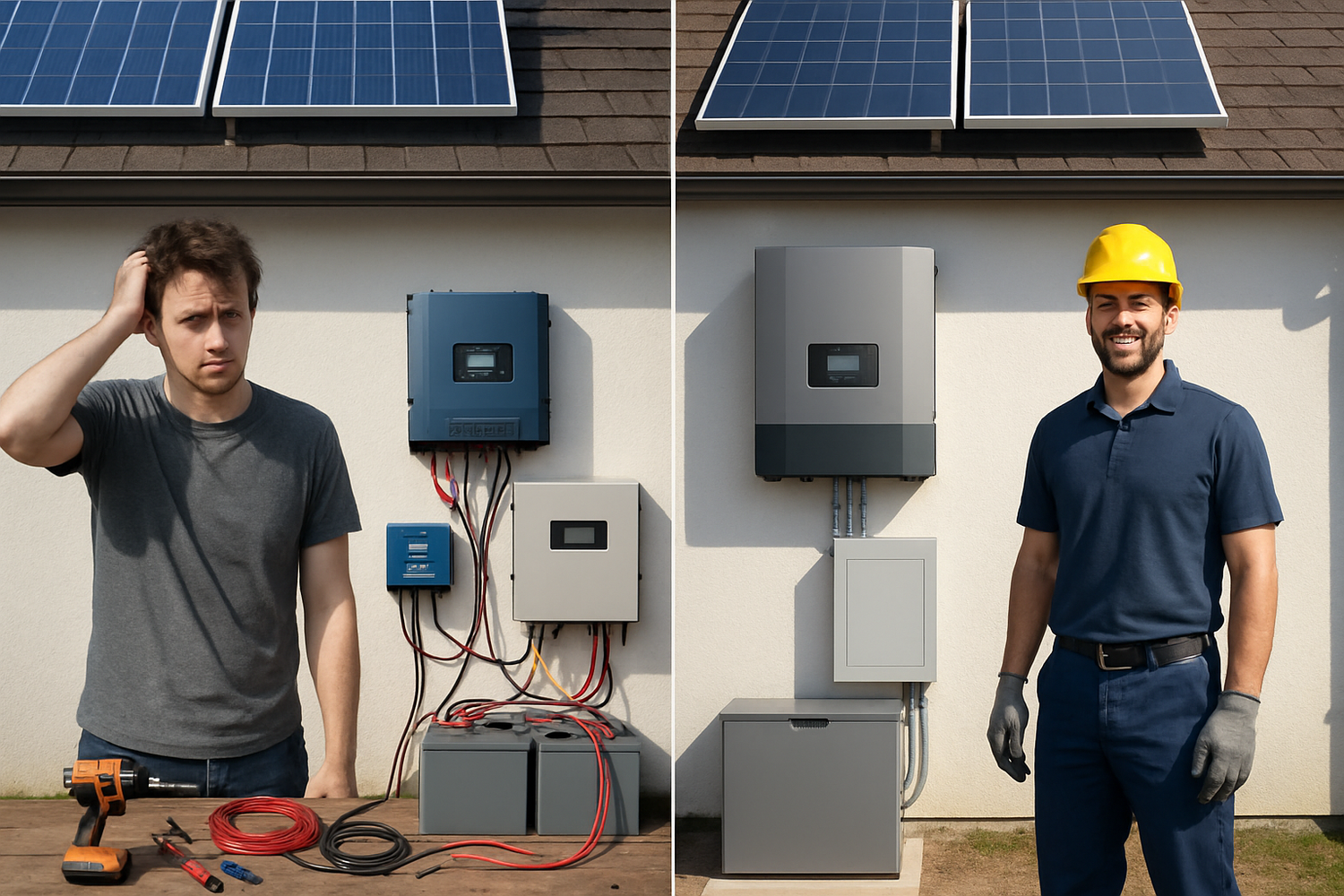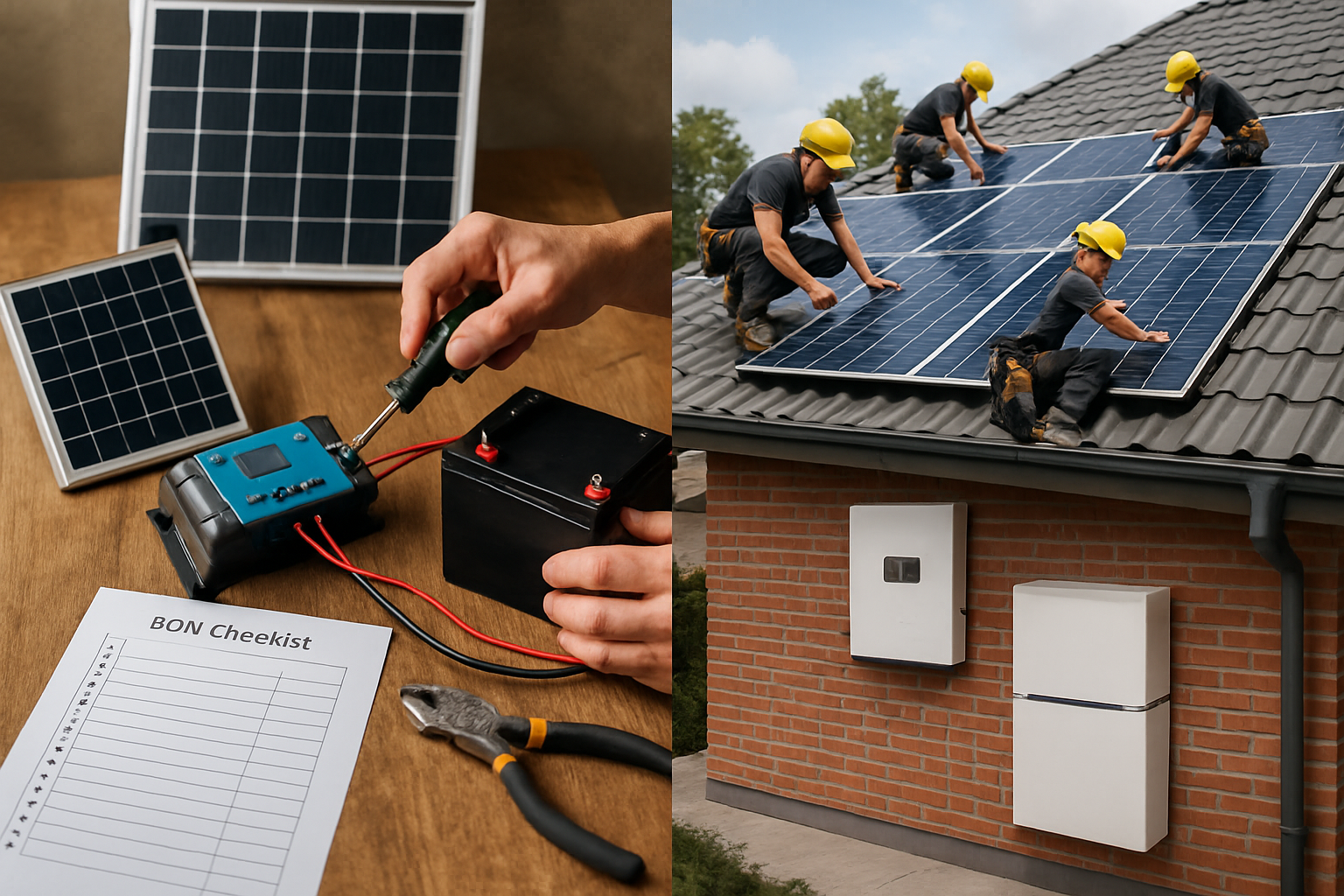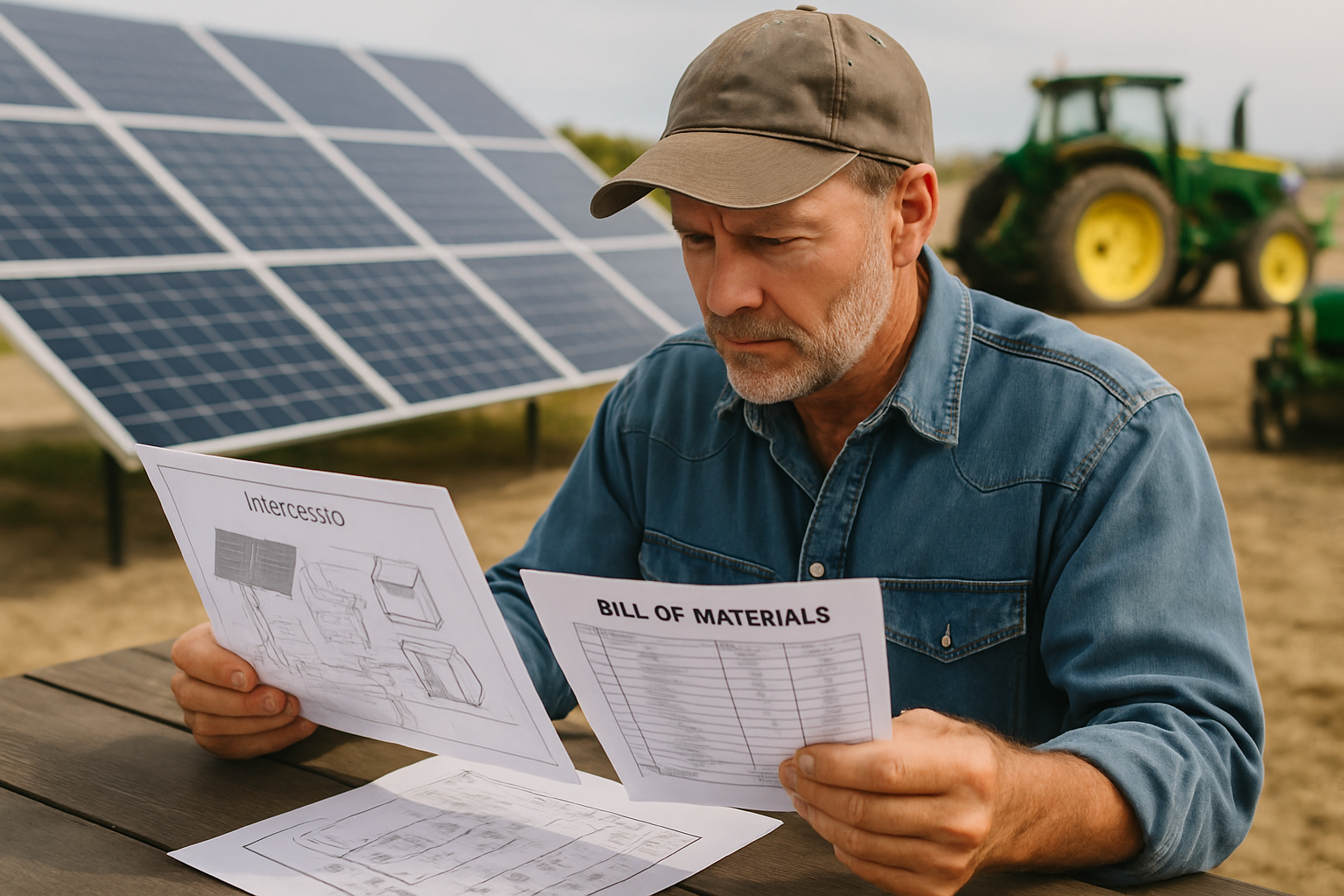Achieving energy independence through off-grid solar power is a compelling vision. The idea of generating your own electricity, free from utility bills and grid reliance, appeals to many. As you consider this path, a fundamental question arises: should you build your system yourself, or invest in a professional, turnkey solution? While the do-it-yourself (DIY) approach offers a sense of accomplishment and potential upfront savings, there are specific scenarios where a turnkey solution provides unmatched value, reliability, and peace of mind.
The Allure of Energy Independence and the DIY Path
Embracing Self-Sufficiency with Off-Grid Solar
Off-grid solar systems offer true energy autonomy. You gain control over your power supply, making them ideal for remote homes, cabins, farms, or anyone seeking complete grid independence. This freedom from conventional energy infrastructure is a primary motivator for many individuals.
Why DIY Appeals to Many
The DIY route often seems attractive due to perceived cost savings on labor and the satisfaction of building something with your own hands. You select each component, from solar panels and lithium iron phosphate (LiFePO4) batteries to solar inverters, tailoring the system to your exact specifications. This hands-on involvement can be incredibly rewarding.

Identifying the Tipping Point: When DIY Becomes Overwhelming
While DIY has its merits, the complexity of off-grid solar systems can quickly escalate. Certain factors indicate when a professional turnkey solution becomes the more prudent choice.
System Complexity and Scale
Small, simple off-grid setups, like those for a shed or a small RV, might be manageable for a DIY enthusiast. However, as your power needs grow—to power an entire home, multiple appliances, or critical loads—the system's complexity increases significantly. This involves intricate calculations for energy consumption, solar panel sizing, battery bank capacity, and inverter output. Miscalculations can lead to underperformance, frequent power outages, or even damage to expensive equipment. Professional designers excel at optimizing these larger, more intricate systems for maximum efficiency and reliability.
Technical Expertise and Safety Considerations
Off-grid solar systems involve high-voltage direct current (DC) and alternating current (AC) electricity. Working with these requires a deep understanding of electrical principles, wiring codes, and safety protocols. Improper wiring can pose serious fire hazards, electrical shocks, or damage to components. For instance, correctly sizing and connecting a LiFePO4 battery bank for optimal performance and safety demands specific knowledge of battery management systems (BMS) and charge controllers. A professional installer possesses the certifications and experience to handle these technical aspects safely and correctly.
Permitting, Regulations, and Warranty Management
Even off-grid systems can be subject to local building codes and electrical regulations, especially if they are permanently installed structures. Navigating these requirements, obtaining necessary permits, and ensuring compliance can be a time-consuming and frustrating process for individuals. Furthermore, managing warranties for multiple components from different manufacturers can be challenging. A turnkey provider handles all permitting, ensures compliance, and offers a single point of contact for system warranties, simplifying the entire process.
The Undeniable Value of Turnkey Off-Grid Solar Solutions
Opting for a turnkey solution means entrusting your energy future to experts. This approach brings several distinct advantages.
Professional Design and Optimization
Experienced solar professionals design systems that are not only functional but also highly efficient and tailored to your specific energy profile. They consider factors like solar irradiance, shading, load profiles, and future expansion possibilities. This meticulous planning ensures your system delivers consistent, reliable power. For example, integrating home energy storage systems (ESS) with hybrid inverters and solar panels requires precise engineering to maximize self-consumption and minimize energy waste. According to the IEA's Next Generation Wind and Solar Power report, installing battery storage with distributed solar PV effectively increases self-consumption by shifting produced energy.
Certified Installation and Compliance
Turnkey providers employ certified technicians who adhere to industry best practices and safety standards. This ensures your system is installed correctly, functions optimally, and meets all relevant electrical and building codes. This level of professional installation significantly reduces the risk of costly errors, system failures, and potential safety hazards down the line. It also means your system is more likely to pass inspections without issues.
Comprehensive Support and Maintenance
A significant benefit of a turnkey solution is the ongoing support. From initial consultation to post-installation maintenance, a professional provider offers a complete service package. This includes troubleshooting, performance monitoring, and scheduled maintenance, ensuring your off-grid system operates reliably for years. You gain access to expert assistance whenever needed, providing true long-term peace of mind.
Cost-Benefit Analysis: Beyond the Initial Price Tag
While DIY might appear cheaper initially, a thorough cost-benefit analysis often reveals the long-term value of a turnkey solution.
Long-Term Reliability and Performance
The true cost of a solar system extends beyond its purchase price. A poorly designed or installed DIY system can lead to reduced efficiency, frequent repairs, and premature component failure. These issues translate into higher operational costs and a less reliable power supply. A professionally installed system, optimized for performance and longevity, typically offers superior energy output and fewer maintenance headaches, leading to greater savings over its lifespan. For example, the IEA's Solar Energy Perspectives report noted that PV costs have seen significant reductions with increased deployment, but also highlighted that residential PV systems were historically more expensive than utility-scale ones due to supply chain margins, indicating the value of optimized system design.
Time Savings and Opportunity Costs
Designing, sourcing, and installing an off-grid solar system demands a substantial time commitment. This includes research, procurement, physical labor, and troubleshooting. For individuals with limited time or specific expertise, the opportunity cost of these hours can be significant. A turnkey provider handles all these aspects, freeing your time and allowing you to focus on other priorities.
Access to Advanced Technology and Warranties
Turnkey providers often have established relationships with leading manufacturers, granting them access to the latest, most efficient, and reliable components, such as high-performance LiFePO4 batteries and advanced hybrid inverters. They also offer comprehensive system warranties that cover both components and installation, a critical safeguard for your investment. Our company, with years of experience in lithium battery manufacturing and integrated ESS development, focuses on providing reliable and scalable energy solutions. Our off-grid solar solutions, featuring high-performance LiFePO4 batteries and integrated systems, are designed for maximum reliability.
Making the Informed Choice for Your Off-Grid Future
The decision between DIY and turnkey off-grid solar depends on your specific circumstances, technical aptitude, and risk tolerance. For small, straightforward applications, DIY can be a viable option. However, for complex systems, whole-home power, critical applications, or when you prioritize long-term reliability, safety, and comprehensive support, a professional turnkey solution is often the superior investment. It minimizes risks, optimizes performance, and provides the peace of mind that comes with expert design and installation, ultimately helping you achieve true energy independence reliably.
Disclaimer: This article provides general information and is not intended as financial, legal, or investment advice. Always consult with qualified professionals for specific recommendations.
Frequently Asked Questions (FAQ)
What is the typical lifespan of a professionally installed off-grid solar system?
A well-designed and professionally installed off-grid solar system can last 20-25 years or more for solar panels, and 10-15 years for high-quality LiFePO4 batteries. Regular maintenance, often provided by turnkey solutions, helps ensure this longevity.
Do turnkey solutions offer customization for specific energy needs?
Yes, professional turnkey providers specialize in custom-designing systems to match your unique energy consumption patterns, site conditions, and budget. They perform detailed load analyses to ensure the system is perfectly sized for your requirements.
How do warranties differ between DIY and turnkey off-grid solar?
With DIY, you typically manage individual component warranties, which can vary widely and may not cover issues arising from improper installation. Turnkey solutions often come with a comprehensive system warranty that covers both components and the installation itself, offering a more unified and secure guarantee.
References
- IEA. (2016, December 28). Next Generation Wind and Solar Power (Full Report). Retrieved from IEA website.
- IEA. (2011, December 28). Solar Energy Perspectives. Retrieved from IEA website.
What are LiFePO4 Batteries?
LiFePO4 (Lithium Iron Phosphate) batteries are a type of rechargeable lithium-ion battery known for their high power output, fast charging, long cycle life, and inherent safety. They are a popular choice for off-grid solar storage due to their durability and performance.
What is a Home Energy Storage System (ESS)?
A Home Energy Storage System (ESS) integrates components like LiFePO4 batteries, hybrid inverters, and solar panels to store excess solar energy for use when the sun isn't shining. This ensures a continuous power supply and maximizes energy independence.
What are Off-Grid Solar Solutions?
Off-grid solar solutions provide complete electrical independence from the utility grid. They typically consist of solar panels, a battery bank, a charge controller, and an inverter to power homes, farms, or remote cabins without a grid connection.
What is a Solar Inverter?
A solar inverter is a crucial component in any solar power system. It converts the direct current (DC) electricity generated by solar panels into alternating current (AC) electricity, which is the standard form of electricity used by household appliances and the electrical grid.





Leave a comment
All comments are moderated before being published.
This site is protected by hCaptcha and the hCaptcha Privacy Policy and Terms of Service apply.